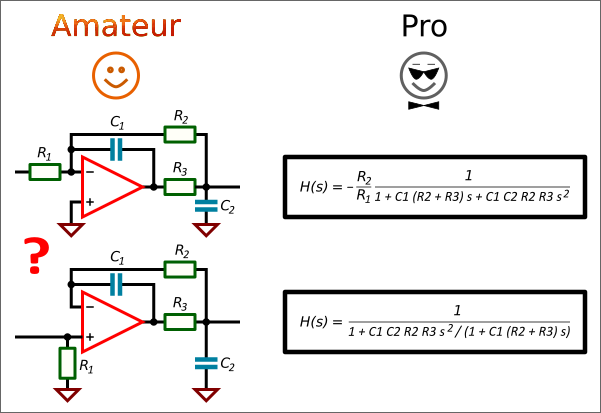(originally published on Medium)
I have talked to many Android developers, and most of them are excited about Kotlin. So am I. When I just started learning Koltin, I was solving Kotlin Koans, and along with other great features, I was impressed with the power of functions for performing operations on collections. Since then, I spent three years writing Koltin code but rarely utilised all the potential of the language.
During this year, I did more than a hundred coding problems on Leetcode in Java. I didn’t switch to Kotlin because I know the syntax of Java 6 so well, that I could effortlessly write code without autocompletion and syntax highlighting. But I didn’t keep track of new Java features, as Android support of Java SDK lacked many versions behind. I didn’t switch to Kotlin for solving problems right away. Although I was writing Kotlin code for several years, I felt that I need to make an extra cognitive effort to get the syntax and the language constructions right. Solving algorithmic problems, especially under the time pressure, is very different from Android app development. Still, the more I learned about Kotlin, the more I realised how many powerful features I’m missing, and how much boilerplate code I need to write.
One day, I have decided that I need to move on, so I started a new session in Leetcode and switched the compiler to Kotlin. I solved just a few easy problems, but I already feel that I have something to share.


















